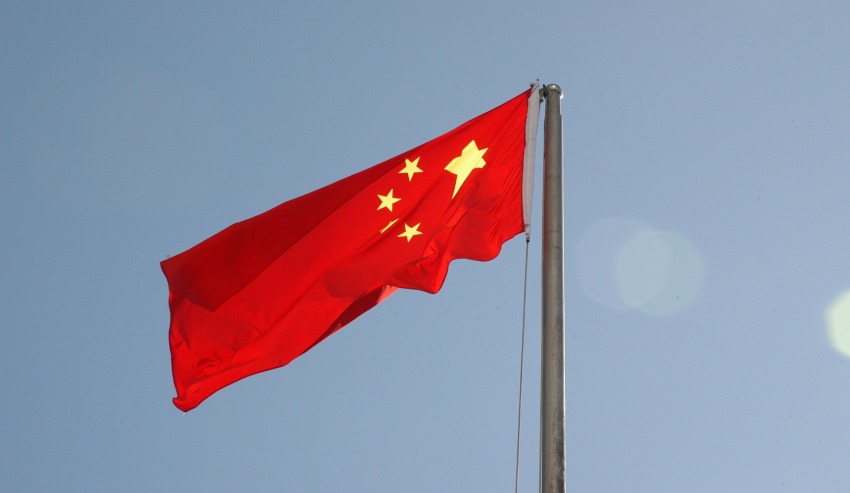The communist republic has accused the US of violating its ‘One-China’ policy, after the Department of State approved the sale of US$1.8 billion ($2.5 billion) in arms to Taiwan.
China has announced sanctions against Lockheed Martin, Boeing Defense, Space & Security (BDS), and Raytheon Technologies, as well as other US individuals and entities involved in the sale of $1.8 billion in arms to Taiwan.
The sale — announced by the US Defense Security Cooperation Agency (DSCA) earlier this month and approved by the US Department of State — has been viewed by China as a violation of its ‘One-China’ policy.
“As China pointed out on multiple occasions, the US arms sales to the Taiwan region severely violate the one-China principle and the three China-US joint communiqués, and seriously undermine China's sovereignty and security interests,” China’s Foreign Ministry spokesman, Zhao Lijian, said.
“China firmly opposes and strongly condemns it.”
The spokesman continued, “Once again, we urge the United States to strictly fulfill its commitment to the one-China principle and observe the three China-US joint communiqués, and stop selling weapons to Taiwan or having any military ties with it.
“We will continue taking necessary measures to safeguard national sovereignty and security interests.”
The US$1.8 billion in sales included the provision of:
- 135 AGM-84H Standoff Land Attack Missile Expanded Response (SLAM-ER) Missiles and related equipment supplied by Boeing for an estimated cost of US$1 billion;
- 11 High Mobility Artillery Rocket Systems (HIMARS), M142 Launchers and related equipment supplied by Lockheed Martin for an estimated cost of US$436.1 million; and
- six MS-110 Recce Pods and related equipment supplied by Raytheon subsidiary Collins Aerospace for an estimated cost of US$367.2 million.
Reflecting on Lockheed Martin’s contract, the DSCA stated, “This proposed sale serves US national, economic, and security interests by supporting the recipient’s continuing efforts to modernise its armed forces and to maintain a credible defensive capability.
“The proposed sale will help improve the security of the recipient and assist in maintaining political stability, military balance, and economic progress in the region.
“The recipient will use this capability as a deterrent to regional threats and to strengthen homeland defence.”
The DSCA also insisted that the sale “would not alter the basic military balance in the region”.
[Related: US sanctions Iranian state-sponsored cyber actors]






